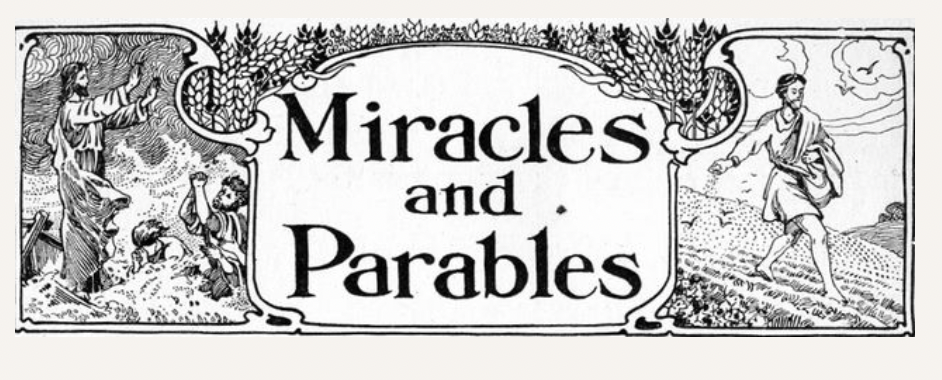The word helpmeet comes from Genesis 2:18 in the King James Version of the Bible, which says, “It is not good that the man should be alone; I will make him an help meet for him.” Meet in this context is an adjective that means “suitable.” What the verse actually says is that God created a “help” for Adam, and this helper was “meet” (which means suitable, fit, proper) for him.
To be suitable, to be complementary, to make the man complete, the woman must have something that the man does not have: the woman must be more or better equipped in certain areas to help the man. Psalm 121:1-2, “I lift up my eyes to the hills. From where does my help come? My help comes from the LORD, who made heaven and earth.” Who is the source of help? The Creator God. Who gives the man help? God. The helpmeet is an extraordinary and elevated role; this is not a lowly, subservient, spiritless, subdued status.
Additional scriptures referenced include 1 Corinthians 7:7-9; Psalm 121:1-2; Galatians 2:20; Titus 2:12; John 3:3; 2 Corinthians 5:17; Philippians 2:3–4; Ephesians 5:18-32; Proverbs 18:10; and Psalm 18:2.

What happens the day after Christmas? Literally, the day after Christmas is itself a holiday, known as Boxing Day. As a public holiday, it...

This is a BEST OF 1010 THRIVE replay episode from August, 2021. Luke writes about numerous miracles and parables of Jesus. A miracle is...

10:10 Thrive kicks off its daily podcasts with this episode based on John 10. The podcasts features Biblical truth (shared daily) designed to help...